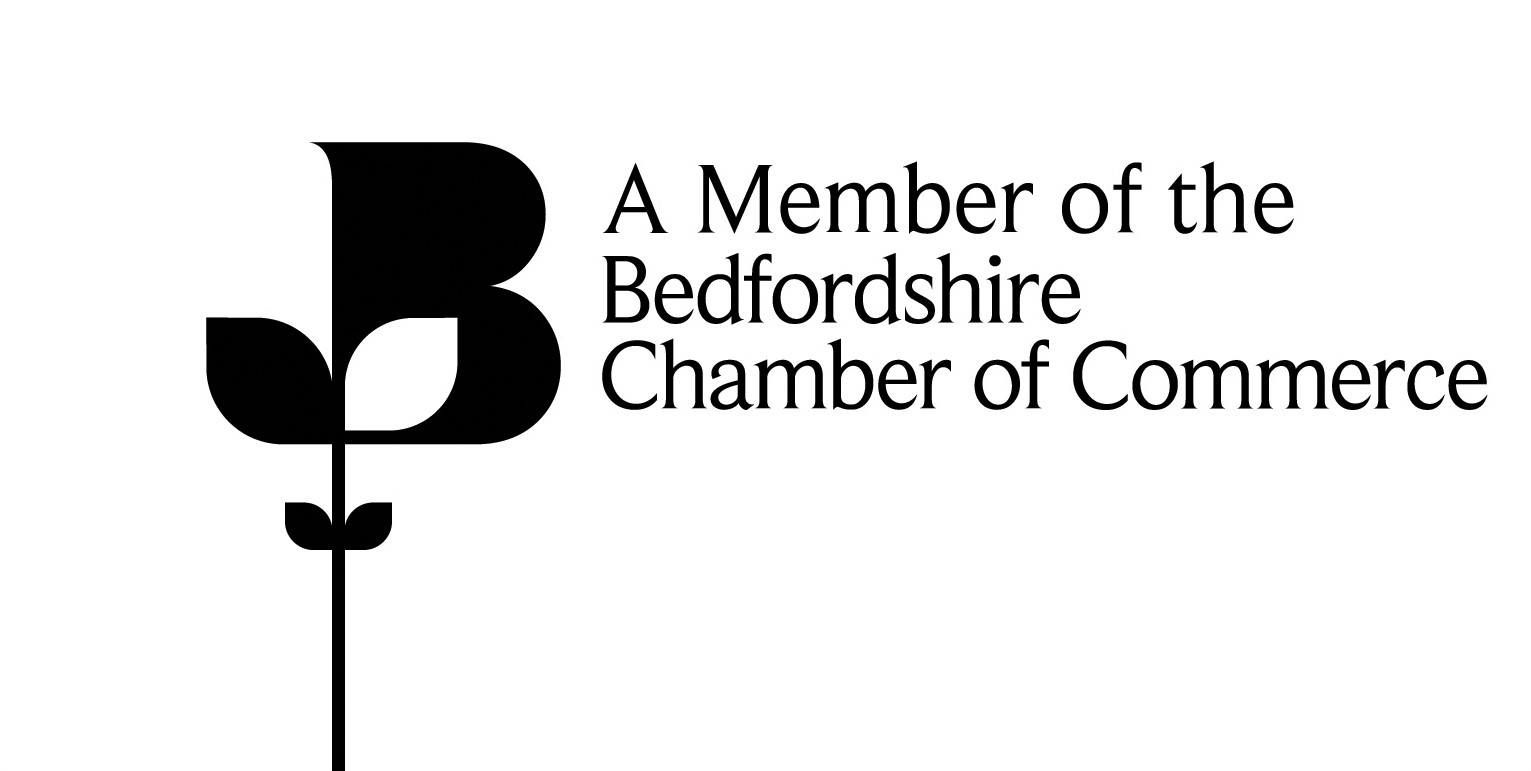Our guest blogger, Angela James of Yolo Wealth Ltd, explores the power of the compound effect and how incremental payments and savings can have a big impact on your financial security.
The compound effect refers to the principle that small actions, consistently taken over time, can lead to significant results. It’s like compound interest in finance, where your money grows not just based on the initial investment, but also on the interest earned over time. Similarly, in life, small habits, decisions, and actions, when compounded over time, can lead to substantial positive (or negative) outcomes. This concept underscores the importance of consistency, persistence, and discipline in achieving long-term goals and success. Overall, the compound effect underscores the idea that success is not the result of one grand gesture but rather the culmination of small, consistent efforts made over time. By harnessing this principle, individuals can make significant strides toward achieving their aspirations and leading fulfilling lives.
The compound effect, it’s like the DNA of life, or that’s how I feel when I think about it. Its in everything, the good habits and the bad habits. When I think about every time I’ve dieted, it’s the small steps every day and the changing of habits and behaviours that helps me lose weight gradually and keep it off. I like to run, and whenever I’ve trained for an event, I find a plan and it’s the effect of that discipline and consistency and effort that gets me through the plan and ultimately over the finish line.
Why is the compound effect so fundamental when it comes to our finances, savings and retirement strategies.
If we focus now on our financial heath and stability, then this principle really is so important. One of the first major commitments someone may take on in their lifetime might be a mortgage, and if you think about the principle and your mortgage then its clear. You take a mortgage for 25 or 30 years and you use the compound effect to slowly over the years pay the debt down, there just wouldn’t be any other way to make buying a home a viable option. No one can source or save the large sums needed to but a home without doing so over a sustained period.
On the flip side the compound effect in its negative form can be the culprit for debts, in all my years in financial advice, its usually the reason that you see personal debts build up and accumulate. Years of overspending and in most cases just small sums, or deferring repayments, the instant gratification of buying and spending the money before we have it and putting this on loans or credit cards. Before you know it, the borrowing has accumulated to a sum you weren’t aware of. This requires us to assess the situation and perhaps restructure things or refocus the mind on stricter budgets for a time.
When it comes to savings it’s the basis of saving, we try to teach it to our children, we tell them if you’d like that then you’ll have to save up for it. Rarely do we have the money set aside for something we want; we spend time putting a little aside for it over a period.
The compound effect on your savings is in its simple terms, the principle of earning interest on your interest, as this image demonstrates.

But where this principle becomes so important is our retirement, starting as young as we can and saving what we can for the duration of our working careers. Small actions, consistently over time leading to the result we all hope to reach one day, a comfortable and worry-free retirement.
So why is this so important when it comes to retirement?
For most of us we don’t really appreciate the level of savings or assets that we will need in the future to be able to give up work. This is down to a few reasons, but one reason is its so far away its difficult to comprehend and easy to put to one side. The reality is that we will all need to stop working at some point in the future in our later years, whether that’s through choice or health the time will come. The state will provide some pension for you, if you have enough years of national insurance and qualify for a full pension this would provide you for todays retiree’s £11,500pa or £221.20 per week. It’s a good start but it by no means provides a good quality of life.
If you were to have say £100,000 in a pension this could produce an income of maybe another £4,000 to £5,000 a year. But this is a very lude estimate and the results will be different for many reasons and your own individual circumstances, but it gives you an idea.
Hopefully you can start to see the sheer levels of pensions and savings one might need to have a happy comfortable retirement, even on these smaller levels of expectations we are still talking a significant sum of savings and that as we know can’t be saved overnight.
Hence the importance of the principle the magic compound effect.
To demonstrate further if you started at the age of 30 to save a little for retirement, say you could save £160pm, the government would top this up for you with some tax relief making your total saving £200pm. You aim to retire inline with your state pension age 68, with some good investment decisions you might be able to expect a pension pot in the region of £345,740 by the time you get there.
If, however, you took no action, and waited until you were say 40, and being a 40 something myself suddenly retirement feels a more serious subject and desire at this age. I look back at the last 20 years and I don’t know where the time has gone, then suddenly I’m reminded that if the next 20 goes as fast as the last I will be nearing this reality before I know it. Using the same budget as above and assuming the same retirement age the loss of the years of this compound effect has cost me a lot of money. My expected pension pot could now only be worth £174,335. If I wait until 45, its even bleaker £119,557.
If £100,000 does yield £4,000 then I’ve gone from maybe seeing £14,000 pa pension income to just £4,000pa plus my state pension. There goes my annual holiday and my partners annual golf membership.
Why am I telling you all of this, if you are reading this then like me you probably work for yourself or run your own business. Starting or saving into a pension isn’t something that’s automatically taken care of for us, we as a self-employed person need to make a more concerted choice to address our needs. But help is out there, as is the compound effect. Its never too late to start and you have to start somewhere. If you are unsure how to tackle your financial planning, save tax or address retirement then myself and Beansprout are here to help.
As Beansprouts financial advice partner, I can help you to determine a plan for your financial future and stability, I offer a no obligation consultation with no costs to you. We can meet via a video meeting, and have a conversation around your options and circumstances.
Related News
Hiring your first employee or expanding your team is a big milestone for any business. It signals growth, ambition, and [...]
Running your business can be enough of a challenge, without missing key deadlines or updates to the tax rates and [...]
For many self-employed individuals and small business owners, navigating the UK’s tax system can feel like a maze. One area [...]








